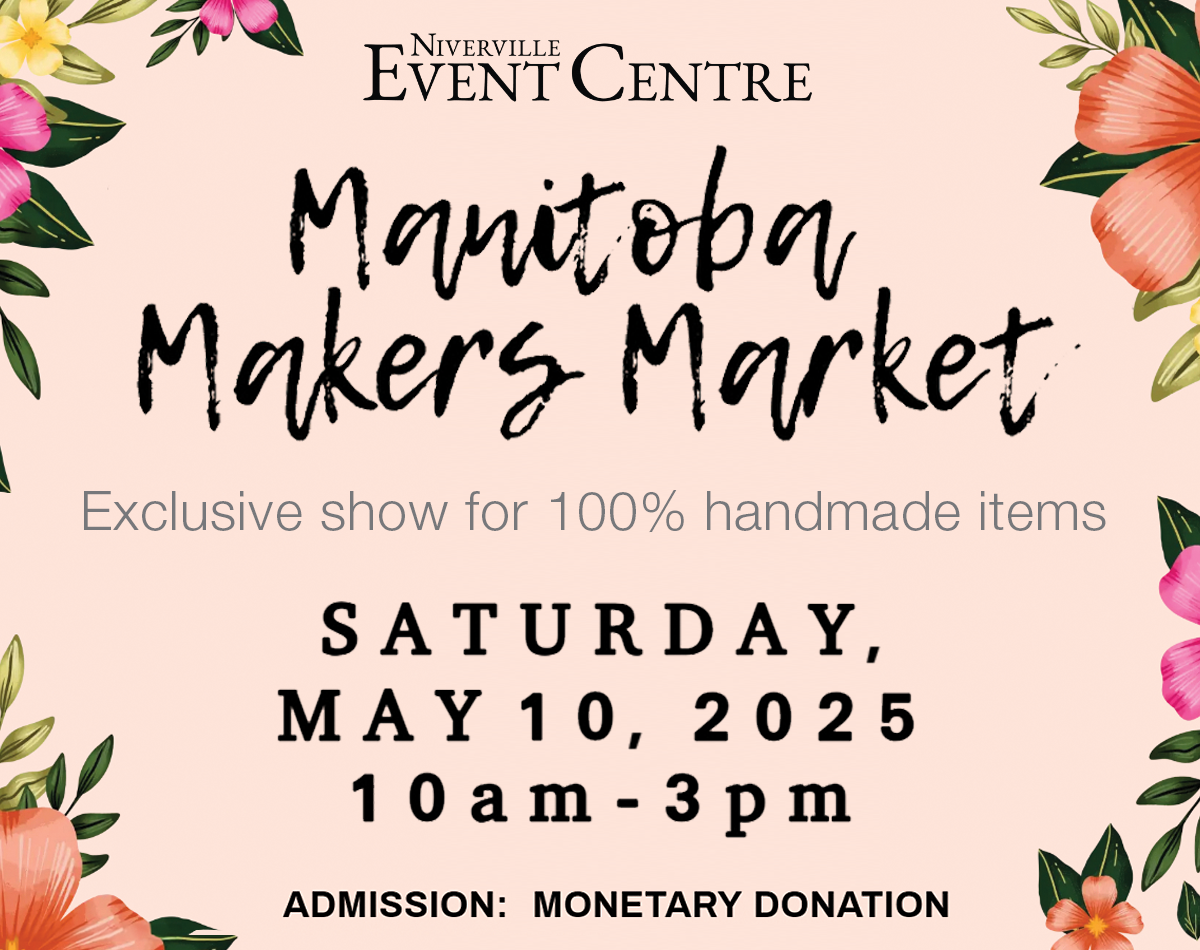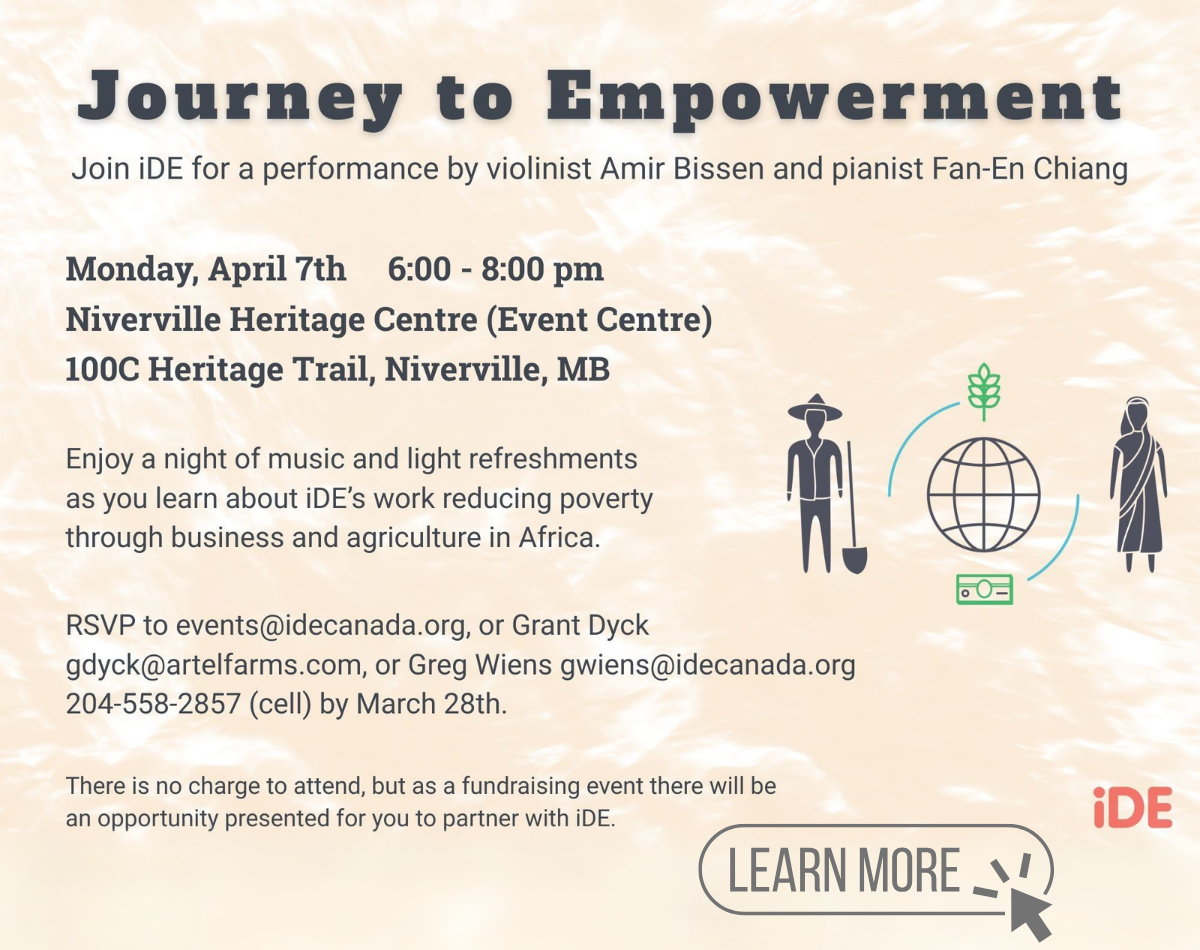A force is awakening—not only in a galaxy far, far away, but in our own backyard. A new political consciousness has arrived within our youth and the First Nations, and this force has the potential to change the landscape.
This political awakening can be seen in the analysis of the last federal election. The unprecedented engagement by the youth vote played a significant role in the Liberal majority. The youth embraced the positive messaging and sent the message that stodgy old negative politics have no place in their world order. The electoral train that was headed on a straight track to American-style attack politics was abruptly derailed, or at minimum had the handbrake pulled. And like any derailment or hard stop, those who didn’t grab a handrail fell down.
The First Nations people are awakening to political maturity—at an alarming rate. Yes, alarming, not because it is bad (on the contrary) but rather because this scares the hell out of the old establishment. And if they aren’t shaken up, they should be. Whenever you have a block of people of like mind or culture representing a growing percentage of the electorate, they have the potential to determine political outcomes. While the rest of the electorate remains divided along party lines and caught up in party rhetoric, our indigenous brothers and sisters are banding together. Yes, nothing creates unity and strength more than adversity. You can only leave a group underrepresented for so long before they take a pragmatic approach and begin to shift the world around them.
Enter the new face of candidates such as Wab Kinew in Fort Rouge. Transported to national fame through the CBC’s Canada Reads program, this accomplished author, speaker, chief, and proud aboriginal will undoubtedly give the NDP a strong edge in this constituency. I suspect both opponents, including the Liberal leader, are feeling the need to crank up their game. Interestingly, rather than capitalize on his race and run in a heavy First Nations area, he and the party executives have chosen a diverse and progressive urban area. Rather than have the focus on “what” he is, we can focus on “who” he is. Will he still bring the First Nations perspective to office if he wins? Absolutely, just as we all bring a piece of who we are to every endeavour. But the focus is on the man and his qualifications.
When we look back at Quebec in the 1950s and 60s, we saw a francophone population focused not on what they could accomplish as Quebecois but rather the injustices of the past. We are now seeing them realize their potential within a united Canada, partially due to their own internal perspective shift; focusing on the past tends to polarize the rest of the population.
As our non-mainstream candidates—such as the youth, First Nations, and those representing other minorities—shift the focus to their abilities and qualifications, they will be well positioned to win constituencies and bring their perspectives to office where they can champion positive change.
Yes, the winds are poised to shift. These changes will undoubtedly come with some upset, but ultimately they’ll lead to more balanced decisions. It has always been the case that when diverse perspectives confront a challenge, the collective shaping produces better legislation. And while that legislation may not mesh perfectly with any single philosophy, it will for the most part be universally compatible. Let the winds of change blow, for while they may mess our hair, they also blow away the dust.


















